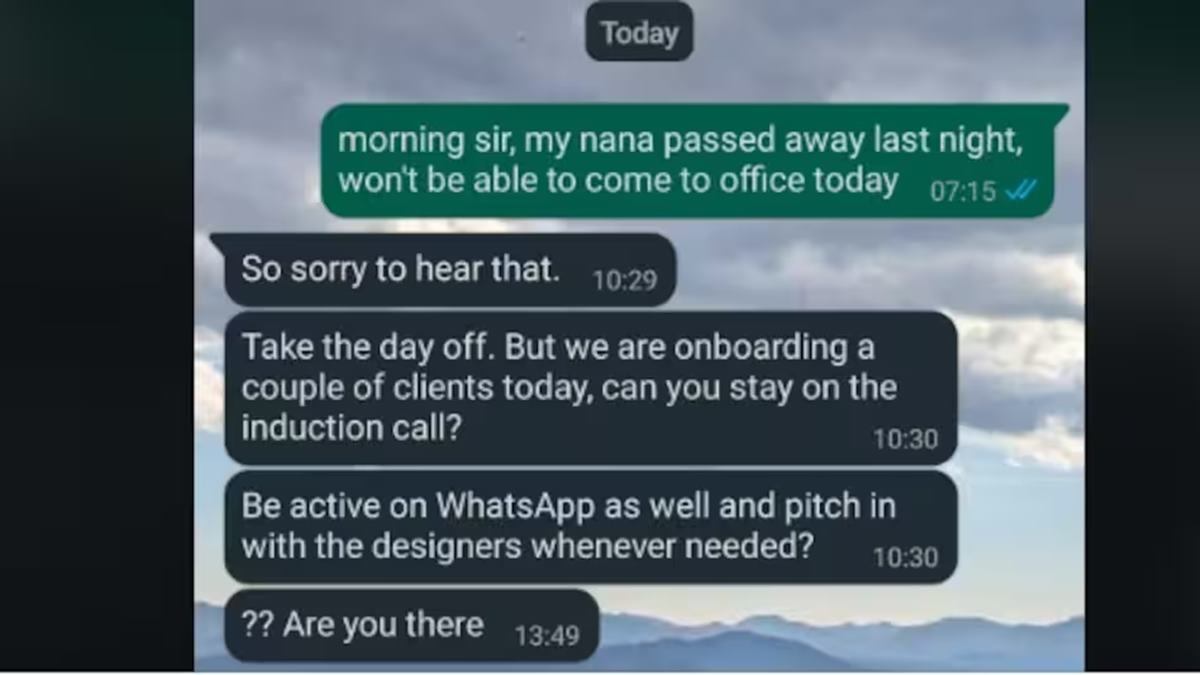A recent Reddit post has stirred debate over Accenture’s Build-Operate-Transfer (BOT) policy, after an employee sought advice on whether to accept a job offer from a client while still bound by contractual obligations.
Under the BOT model, employees must complete six months at Accenture before transitioning and are required to serve a three-month notice period before leaving. The framework is widely used in global capability centres (GCCs), where clients eventually absorb trained talent from vendors such as Accenture.
The post quickly drew responses from fellow professionals, many of whom shared strategies for navigating such situations. Some argued that an individual’s right to livelihood outweighs restrictive clauses, pointing out that the Supreme Court has previously held that no employer can prevent someone from joining another company. Others cautioned that while employees do make such transitions, discretion is key. Advisers urged the individual to avoid disclosing future employers during the exit process, maintain a low profile, and delay updating professional networks such as LinkedIn.
Several commenters shared personal experiences of colleagues quietly moving to client organisations without facing repercussions. However, they also warned of risks, particularly if Accenture were to discover the move prematurely.
Others defended the BOT model itself, explaining that the arrangement is structured in the contract between vendor and client. Accenture benefits from premium billing rates during the training period and may continue to charge for a short duration even after the employee is transferred to the client.
The discussion highlights the grey areas professionals face when navigating employment policies in India’s outsourcing sector. While opportunities for direct client roles can be attractive, the path to transition often demands careful planning and caution.




















